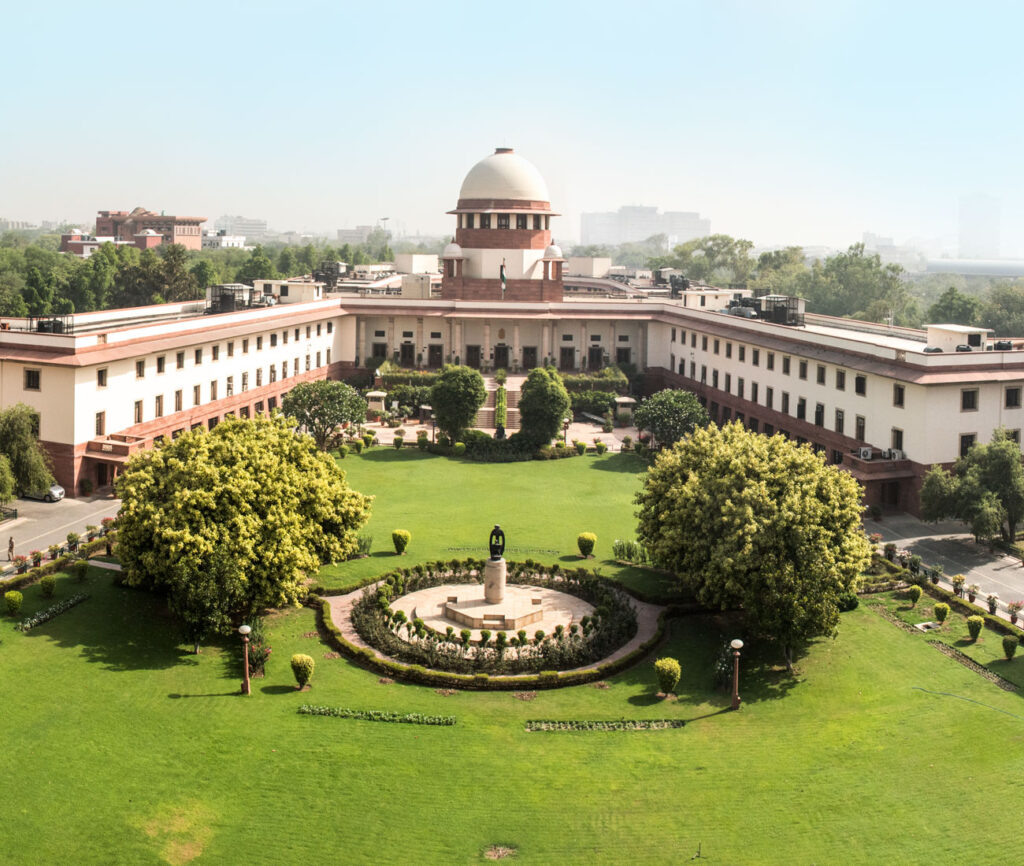- Parliament works within the Constitution, but if allowed to convert itself into a Constituent Assembly, may breach basic structure
New Delhi, Aug 3.
Senior advocate Kapil Sibal, who’s leading arguments against diluting the special status accorded to the former state of JK under Article 370, on Thursday warned the Supreme Court against letting Parliament to step in as a Constituent Assembly to change the Constitution as and when it wished.
This would set a wrong precedent for the future and would not bode well for the nation as any future Parliament could then convert itself into a Constituent Assembly and change the “basic structure” of the Constitution, Sibal warned.
Parliament had in August 2019 acted as the Constituent Assembly of JK to dilute Article 370 of the Constitution and wipe out the existence of JK as a state. It is now two separate Union Territories.
Some of the petitions challenging this move want a rollback to the pre-Aug 5, 2019, status i.e., the restoration of the earlier state of JK and Article 370. A five-judge bench led by CJI D.Y. Chandrachud is hearing all the pleas for and against the move.
The Supreme Court had in the Keshavanand Bharti judgement laid down the limits to Parliament’s amending powers by declaring that the “basic structure” of the Constitution cannot be changed.
The court though had stopped short of enumerating all such features. These would include, representative democracy, parliamentary form of government, secularism, federalism and separation of powers etc, it said, citing some examples.
Sibal arguing the case against diluting Article 370 argued that there was nothing temporary in the provision and that it could only have been abrogated by the JK Constituent Assembly which chose not to do so, and instead declared that the state of JK to be an integral part of the Indian Union.
The Indian Parliament cannot step into the shoes of the JK constituent Assembly which has since ceased to exist and dilute Article 370 without any consultation with the state government, Assembly or the people of the state, he argued, as had been done in this case.
He said that the state Governor dissolved the State Assembly, then parliament became the state legislature and the constituent assembly to change Article 370.
“The basic argument is that the Parliament works within the four corners of the Constitution. But the Constituent Assembly works in the absence of the Constitution and is not bound by anything. They can do what they want.
“So, the Parliament cannot convert itself into the Constituent Assembly. If this is allowed then one day the Constituent Assembly will breach the basic structure. I am not worried about this case. What about the future of the country then, if this is allowed?”
“This is the genesis of the politics of the day which defines what kind of Constitution we want,” Sibal said. Sibal also suggested that a future Parliament can be partisan but a Constituent Assembly is non-partisan. He was alluding to talk in some right-wing sections to change the Indian Constitution to make it more reflective of the aspirations of the country’s majority community.
Sibal argued that the temporary, transitional provisions in the Constitution were temporary only in name and could not be junked overnight. The whole process under which these changes were made were a “mosaic of illegalities”, he said.
The constitutional structure was changed, the link between the union and the state severed and a new set up was brought in without consulting the people of the state, he said. Further arguments in the case will continue on Tuesday.

